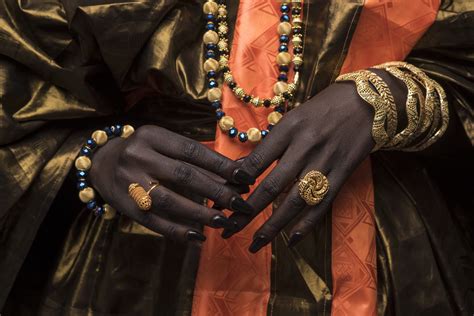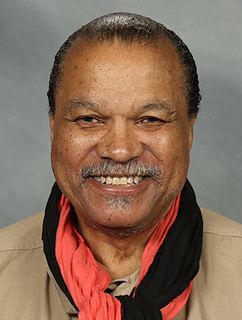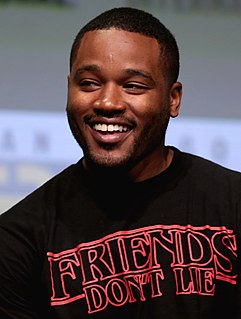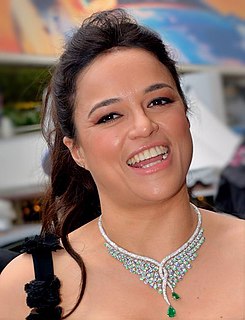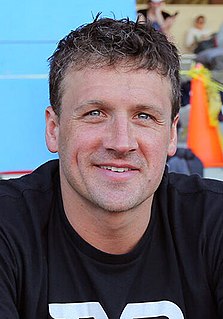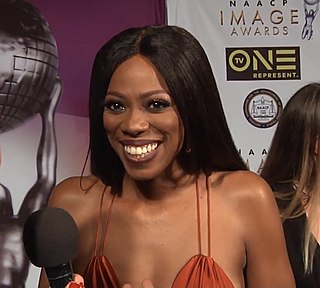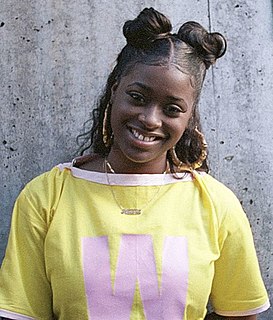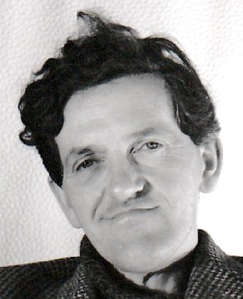A Quote by Cedric Bixler-Zavala
Growing up, I learned the value of sticking up for my brown-skinned friends amongst my white-skinned friends.
Related Quotes
Light-skinned black people are seen to be closer to white people. The allegiance to lighter-skinned people has operated in a very destructive way that we have internalized ourselves inside black communities. You look at many of the prominent black people in this society who have been able to do well. Many have been lighter-skinned.
Since I learned the truth in Mecca, my dearest friends have come to include all kinds - some Christians, Jews, Buddhists, Hindus, agnostics, and even atheists! I have friends who are called capitalists, Socialists, and Communists! Some of my friends are moderates, conservatives, extremists - some are even Uncle Toms! My friends today are black, brown, red, yellow, and white!
My hope as an actress is knowing that I'm someone who is more privileged - I'm biracial and lighter-skinned - and I hope it can open up the door for more women of color, especially darker-skinned black women. I hope everyone hops on the bandwagon and decides to start putting women of color in movies that aren't just about race.

